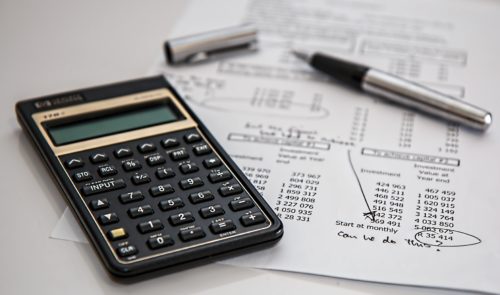
There are few things in life more stressful than being buried in debt. Not only is it financially stressful, but it can also have a major impact on your mental health. When you are considering your options in situations like this, declaring bankruptcy may seem like an intimidating route to go down. However, filing for bankruptcy is an extremely useful tool for discharging debts you do not have the ability to pay.
Unfortunately, this does not mean that all debts can be wiped away through bankruptcy. Regardless of the circumstances, some types of debt will remain even if you file for bankruptcy, while others can still be very difficult to get rid of. If you are dealing with an insurmountable amount of debt, and are thinking of declaring bankruptcy to alleviate it, do not hesitate to reach out to a Bergen County bankruptcy lawyer at The Law Offices of Boyd & Squitieri to learn more about your next steps.
What debts are never discharged with bankruptcy?
When it comes to filing for bankruptcy, the two most common types are Chapter 7 and Chapter 13. Chapter 7 bankruptcy allows you to liquidate certain assets to pay a portion of your debt. Typically, a trustee is appointed by the bankruptcy court to sell off your assets, as well as determine which of your assets are either exempt or nonexempt from liquidation. Any debts remaining four months after filing your petition will be discharged. Chapter 13 bankruptcy allows you to reorganize your finances in order to pay back an agreed amount of your debt over the course of three to five years. As long as you are able to hold up your end of the agreement, any remaining debt will be discharged by the end of that period.
Despite both Chapter 7 and Chapter 13 being very useful tools when it comes to discharging debt accrued from medical bills, credit card charges, past-due utility bills, business expenses, and money owed from lease agreements, some debts cannot be wiped away. The United States Bankruptcy Code includes 19 types of debts that can not be discharged through Chapter 7 or Chapter 13. Although, generally, the most common examples include child support, certain kinds of taxes, money owed from personal injury claims, and any debts that you did not list when filing for bankruptcy.
While they may not be completely exempt from being discharged, other forms of debt can still be extremely difficult to get rid of regardless if you file for bankruptcy. Debts accrued from income taxes, and federal taxes will usually require specific circumstances beyond just declaring bankruptcy for them to be wiped away. It is also important to keep in mind that having an experienced lawyer who specializes in bankruptcy cases will be necessary to navigate the process.